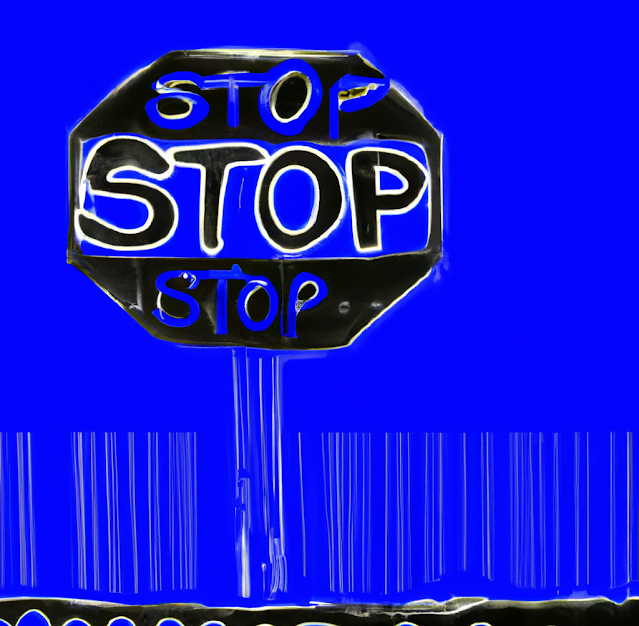By Michael Smith
As a child, I remember watching in shock as the video of Rodney King being beaten by police officers in 1991 was played on television. The brutal images of police brutality, and the subsequent acquittal of the officers involved, sparked widespread protests and exposed the deep-seated problem of police brutality in the United States.
Fast forward three decades and not much has changed. The recent killing of Tyre Nichols in Memphis, Tennessee is yet another heartbreaking example of this. The public release of body camera footage has brought the brutal police killing of Tyre Nichols into clear focus, sparking outrage and protests around the country.
Tyre Nichols, a 29-year-old Black motorist, was pulled over on January 7th for what police said was reckless driving. After attempting to flee on foot, Nichols was beaten by police in a violent arrest, a newly released police video shows. Three days later, he died in the hospital. The police body cam video shows officers dragging Nichols from his car, using profanity throughout the confrontation, trying to deploy a Taser at Nichols, and chasing him on foot. At one point, he's heard yelling "Mom." Lawyers for the Nichols family say this encounter happened within 100 yards of the family's home.
It is important to note that marginalized communities, particularly Black communities, are disproportionately affected by police brutality. The killing of Tyre Nichols is just the latest in a long line of police killings of Black men and women. This is not just a problem in Memphis, but a nationwide issue. The fact that all of the former officers involved in Nichols' death are Black themselves highlights the systemic nature of this problem. It is a reminder that even those who are part of marginalized communities can perpetuate the violence and oppression of those same communities. It's also worth mentioning that if the officers were not in uniform, they could have found themselves in the same situation as their victim. It's hard not to wonder if the outcome would have been different if Tyre Nichols was white. It is clear that systemic change is needed to address the issue of police brutality and to ensure that all individuals are treated with the same respect and dignity.
The fact that five former officers have been indicted and jailed in connection to Nichols' death is a small step towards justice, but it is not enough. We must continue to demand accountability and systemic change within our police departments. This includes more rigorous training, more transparency, and more accountability for police officers who engage in brutal and excessive force.
We must also address the underlying issues that lead to police brutality in marginalized communities. This includes addressing poverty, lack of education and job opportunities, and inadequate housing. Until we address these underlying issues, police brutality will continue to plague marginalized communities.
Police brutality is a complex issue that requires a multifaceted approach to address. In addition to addressing the systemic issues within our police departments, we must also work to change the culture that allows police brutality to continue. This includes educating ourselves and others about the issue, speaking out against police brutality, and supporting organizations that are working to create change.
As individuals, we can also take action by supporting local and national campaigns that aim to combat police brutality. This includes supporting organizations such as "The Color of Change," "Campaign Zero," "The NAACP Legal Defense and Educational Fund," "The Black Lives Matter Global Network," and "The American Civil Liberties Union (ACLU)." By supporting these organizations, we can help to create change at the local, state, and national levels.
The killing of Tyre Nichols is a tragic reminder that we have a long way to go in the fight against police brutality. We must continue to speak out, demand justice, and push for systemic change. We must come together as a society to ensure that marginalized communities are no longer disproportionately affected by police brutality. We must come together to ensure that the death of Tyre Nichols is not in vain and that justice is served for him and for all victims of police brutality.
Thank you for reading my post on understanding and combating police brutality. I hope that this information has been informative and thought-provoking. We must all take responsibility for creating a more just and equitable society. Remember that change begins with education and understanding. We must all work together to create a more just and equitable society for all.
"The Color of Change" (https://colorofchange.org/)
"Campaign Zero" (https://www.joincampaignzero.org/)
"The NAACP Legal Defense and Educational Fund" (https://www.naacpldf.org/)
"The Black Lives Matter Global Network" (https://blacklivesmatter.com/)
"The American Civil Liberties Union (ACLU)" (https://www.aclu.org/)
Remember that change begins with education and understanding. We must all work together to create a more just and equitable society for all.













.png)


.png)
0 Comments